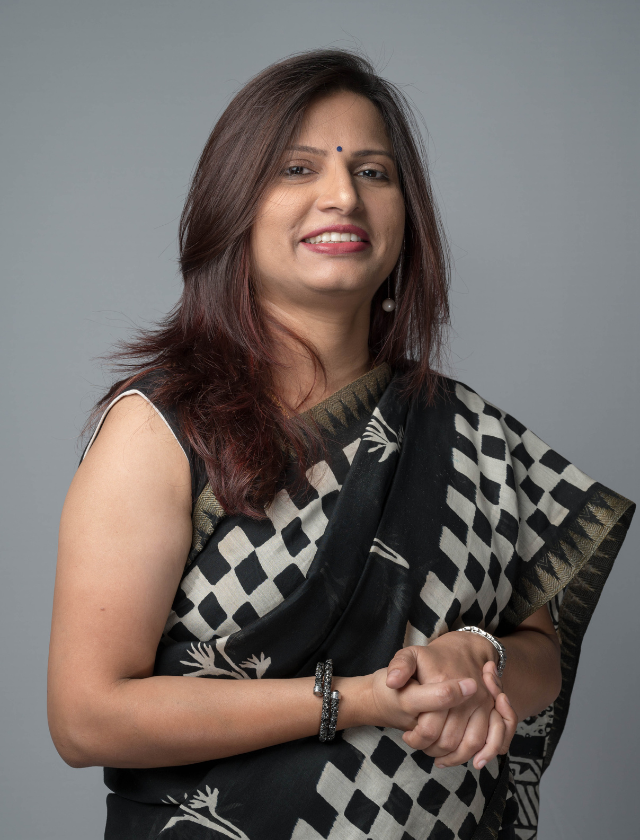- +91 8237337784
Heart & Breast Care Clinic
- Plot no. 78/A, near Annasaheb Magar Stadium,Yashwant Nagar, Pimpri, Pune
- +91 8237337784
- Monday to Saturday : 4pm – 7pm
Jupiter Hospital, Baner, Pune
- Lane 3, Baner – Balewadi Rd, Prathamesh Park, Baner, Pune, Maharashtra 411045
- +91 8237337784
- OPD +020 2799 2121
- Monday : 9am – 10am
Ruby Hall Clinic Sassoon Road Pune
- 40, Sasoon Rd, Sangamvadi, Pune, Maharashtra 411001
- +91 8237337784
- +020 6645 5267
- Wednesday & Friday : 12pm – 2pm


